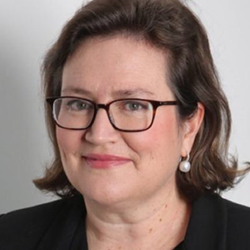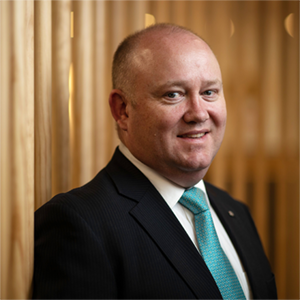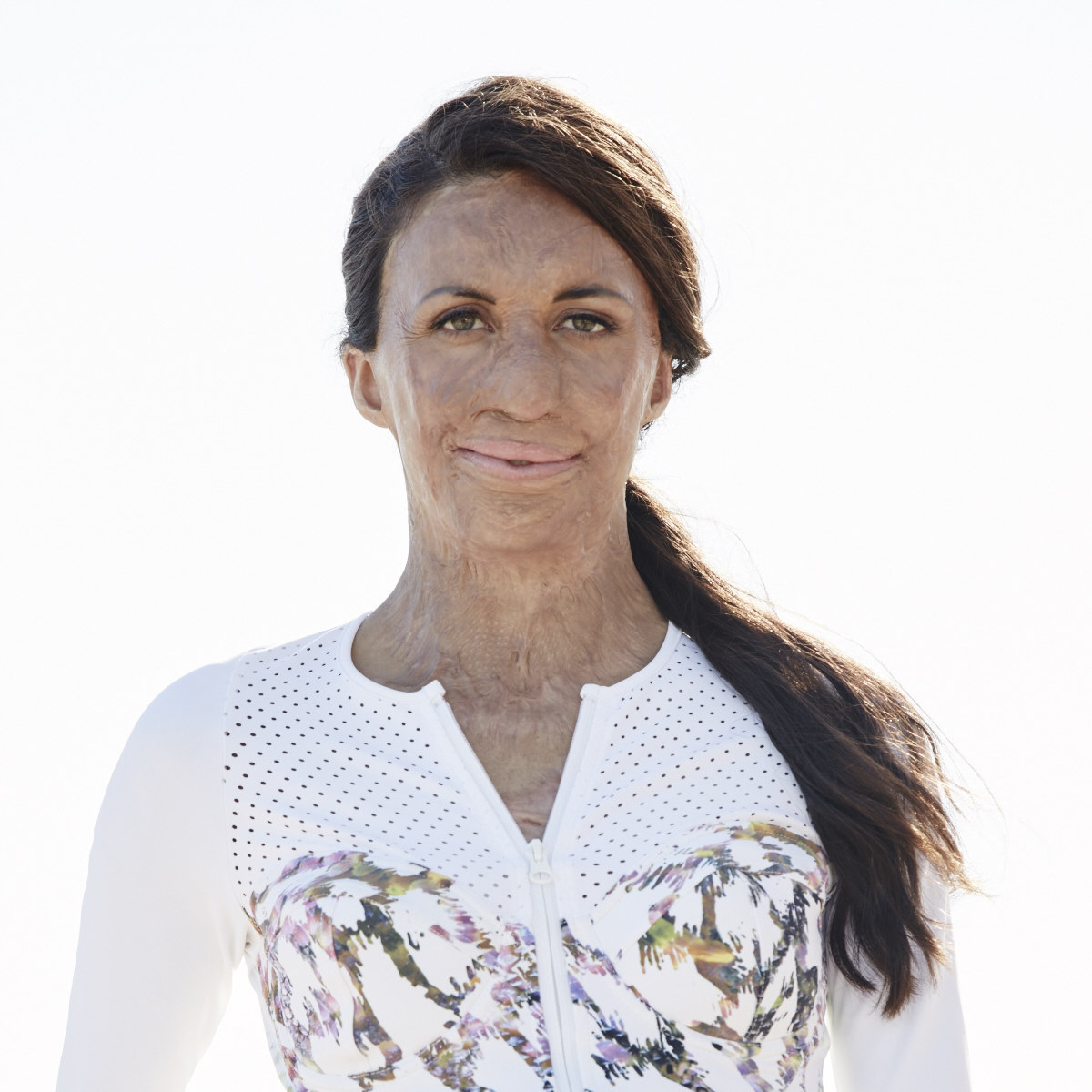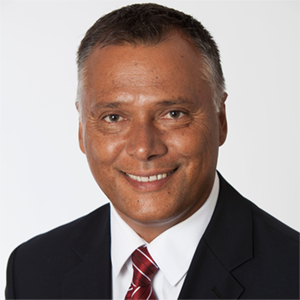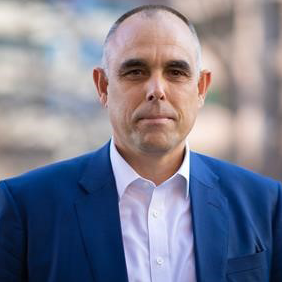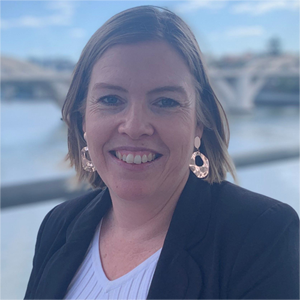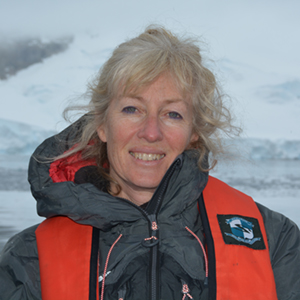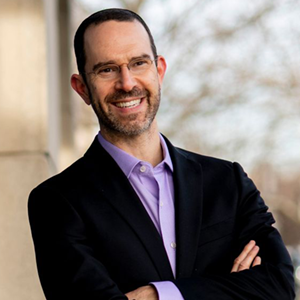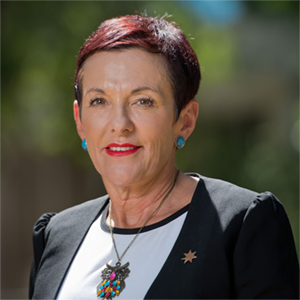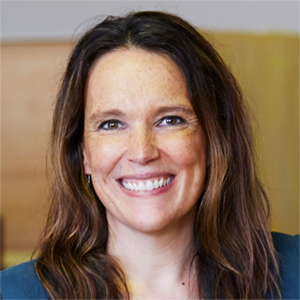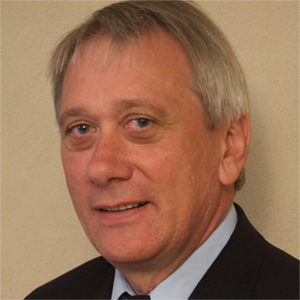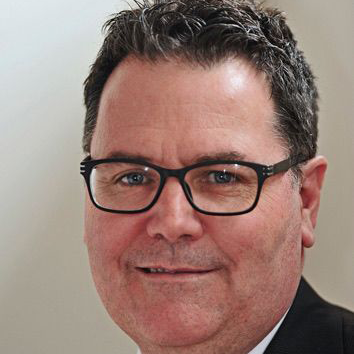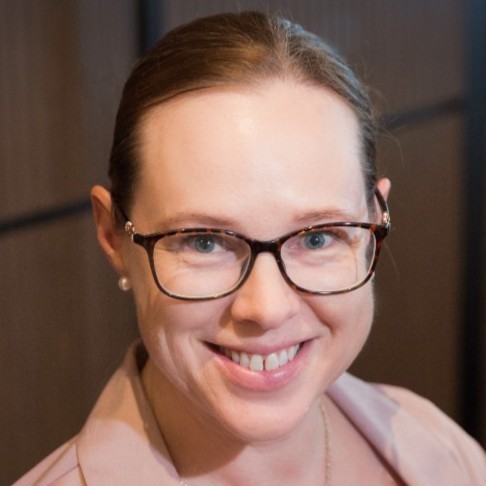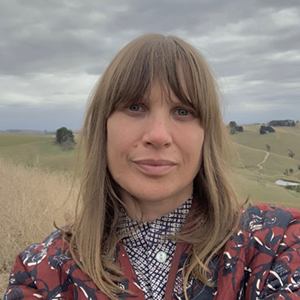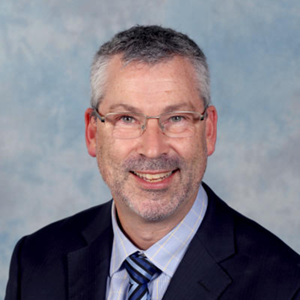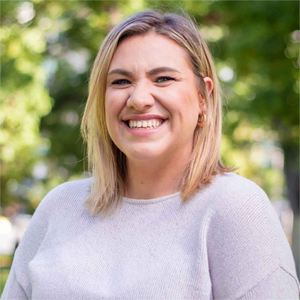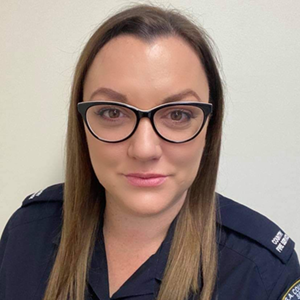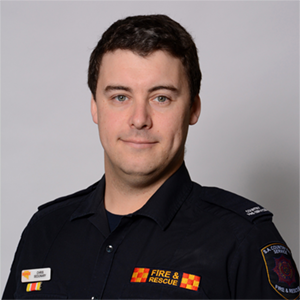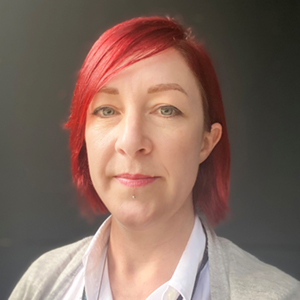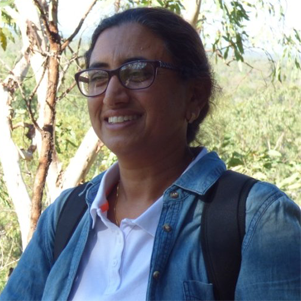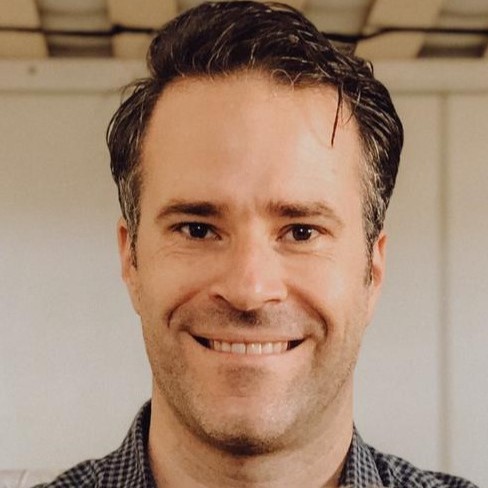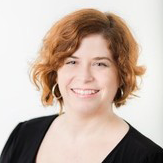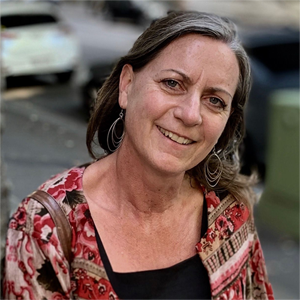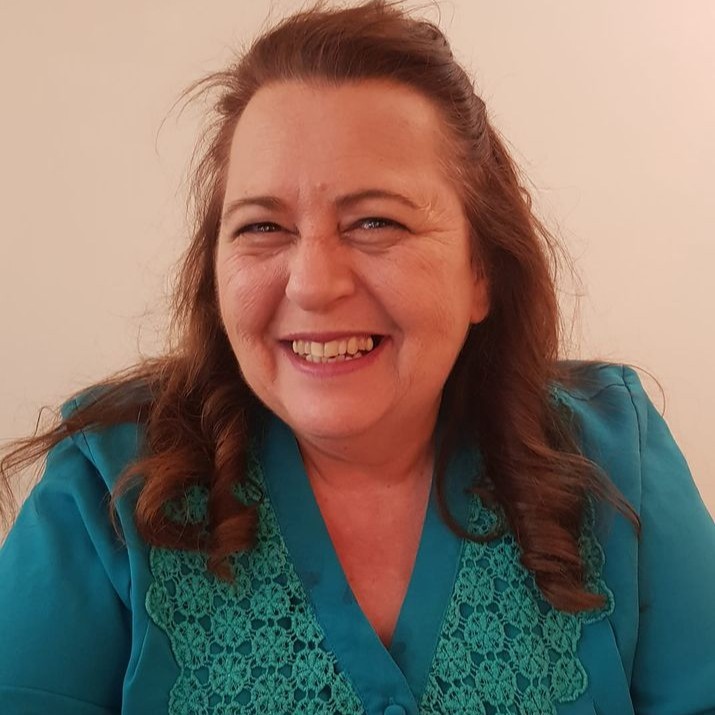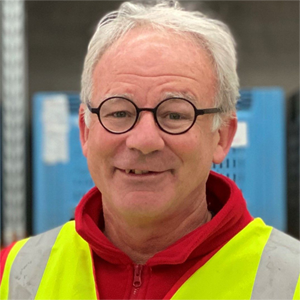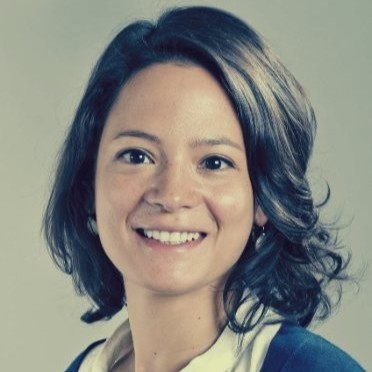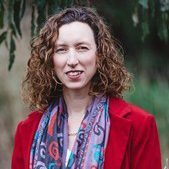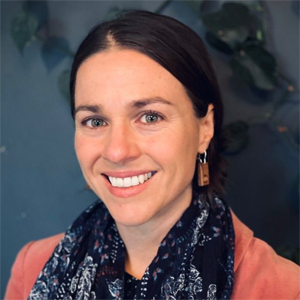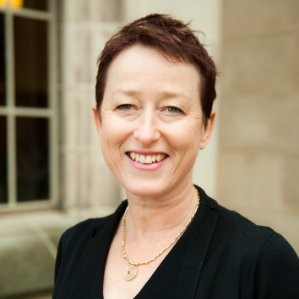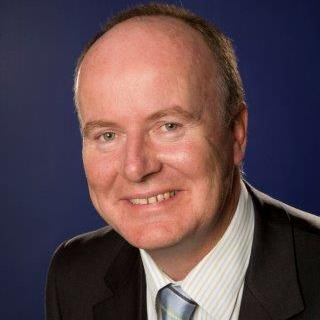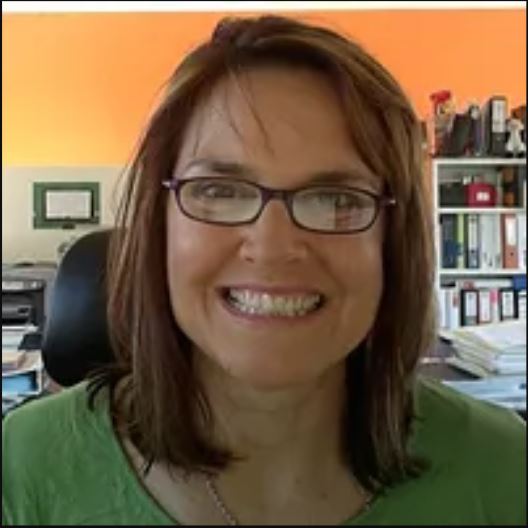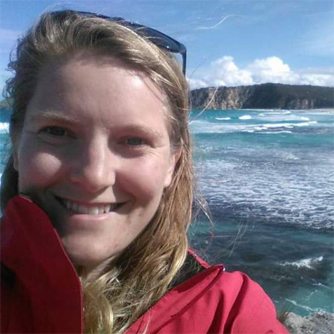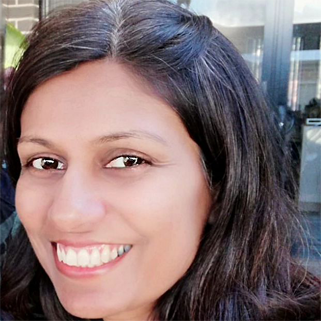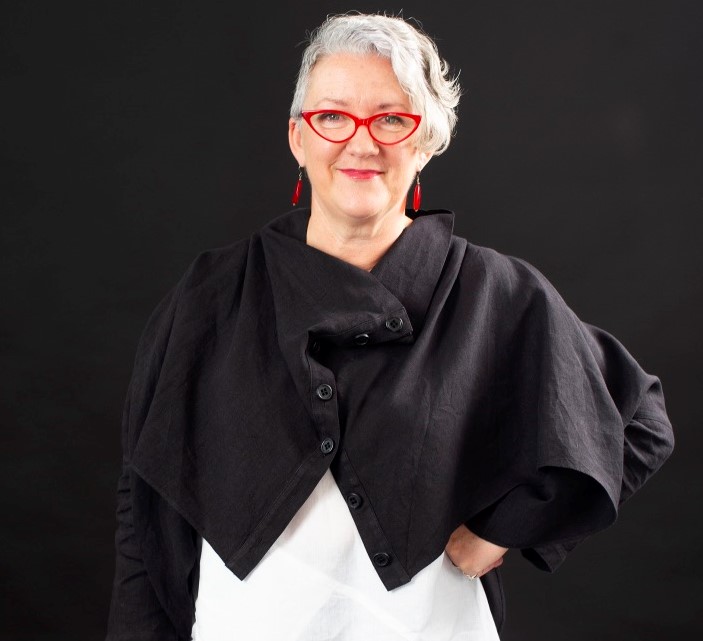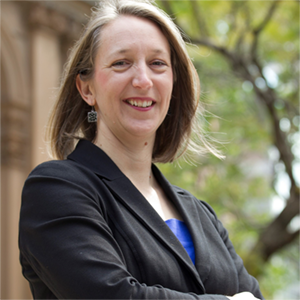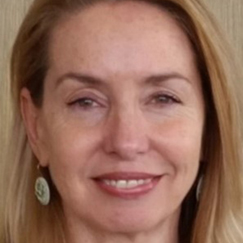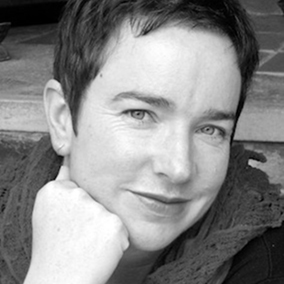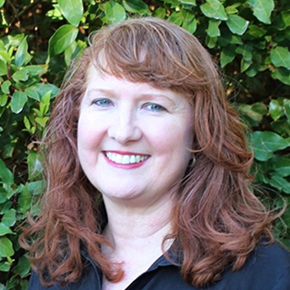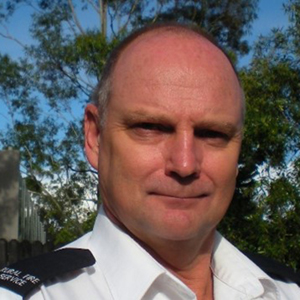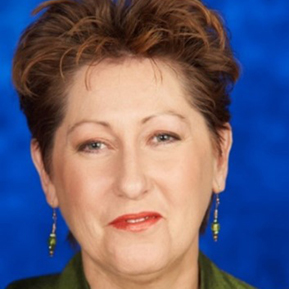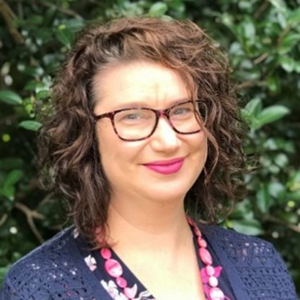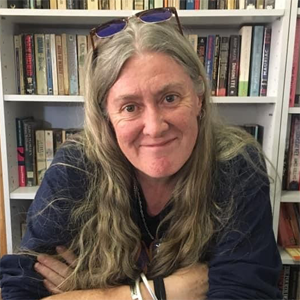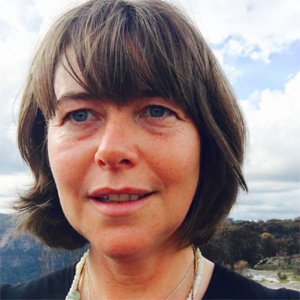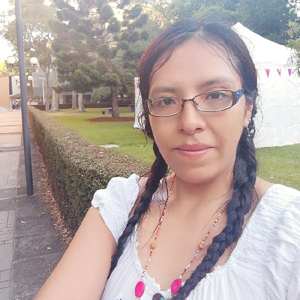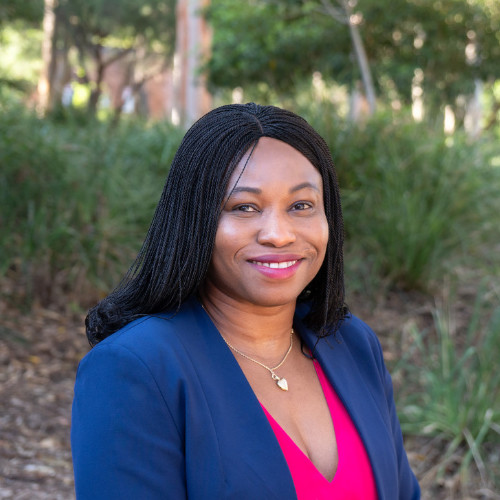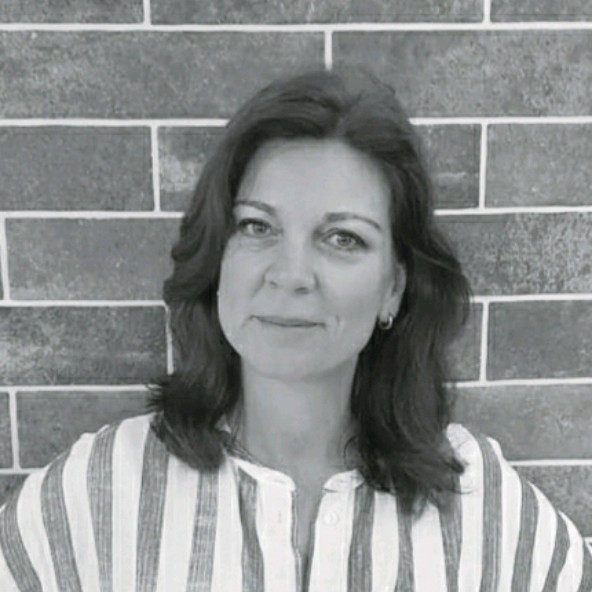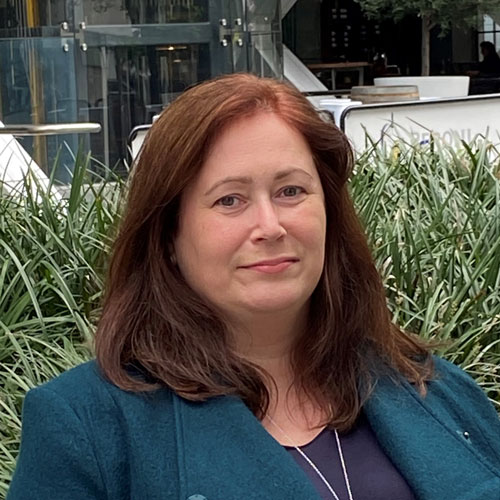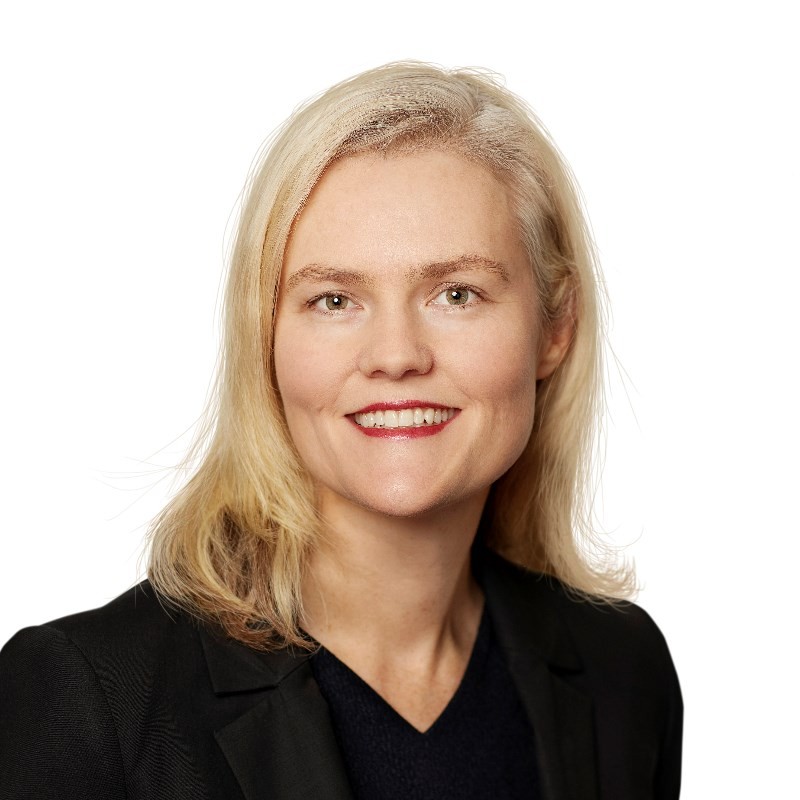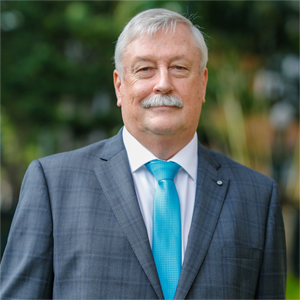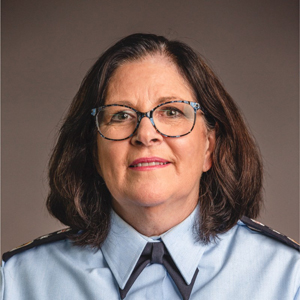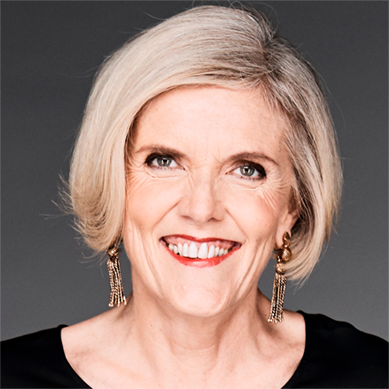Daniel Aldrich
An award winning author, Daniel P. Aldrich is the Director of the Security and Resilience Studies program and Full Professor of Political Science and Public Policy at Northeastern University in Boston, Massachusetts. Since his home and belongings were destroyed by Hurricane Katrina in 2005, his work has focused on how social networks and infrastructure–the ties that bind us together–help us during shocks and disasters. He has published five books including Building Resilience (University of Chicago Press, 2012) and Black Wave (University of Chicago Press, 2019), more than 60 peer-reviewed articles, and written op-eds for the New York Times, CNN, HuffPost, and many other media outlets. Aldrich has spent more than 5 years in India, Japan, and Africa carrying out fieldwork and his work has been funded by the Fulbright Foundation, the National Science Foundation, the Abe Foundation, and the Japan Foundation, among other institutions. He was the 2021 Klein Lecturer at Northeastern University and tweets at @danielpaldrich
Kate Carnell
Kate Carnell is a company director and small business advisor. Kate has extensive experience and knowledge in the business sector, having run her own small businesses for 15 years before becoming ACT Chief Minister in 1995 for a five year period. Kate completed her five year term as the inaugural Australian Small Business and Family Enterprise Ombudsman (ASBFEO) in March 2021. Prior to her appointment as the inaugural ASBFEO, Kate held the position of CEO of the Australian Chamber of Commerce and Industry, which represents more than 300,000 businesses across Australia. She has also served as CEO of Beyond Blue, CEO of the Australian Food and Grocery Council, CEO of the Australian General Practice Network (AGPN) and CEO of the National Association of Forest Industries (NAFI). A pharmacist by profession, Kate was the inaugural chair of the ACT Branch of the Pharmacy Guild of Australia and the first female to become the National Vice-President of the Pharmacy Guild of Australia. Kate was appointed an Officer of the Order of Australia in 2006 for her services to the community through contributions to economic development and support for the business sector, knowledge industries, the medical sector and medical technology advances.
Renae Hanvin
Renae Hanvin is a proactive driver of business sector contribution towards a disaster resilient future – by doing disasters differently. Founder of certified social enterprise, corporate2community, Renae advocates and activates for greater ‘shared responsibility’ by bringing a multi-stakeholder and collaborative approach to delivering needs-led outcomes. Renae is motivated by her personal experience of disasters, belief in the positive contribution the business sector can make, her knowledge of community needs and understanding of government responsibilities. A recognised leader of forward-thinking approaches, processes and partnerships, Renae is steering the Resilient Australia Alliance towards its mission to build vital disaster preparedness and resilience capabilities in every business leader, owner and operator across Australia. With an extensive local, national and international network, Renae has an MBA, is an iap2 certified practitioner and participates on a number of disaster-related advisory committees. Renae also hosts the ‘Doing Disasters Differently’ podcast because disasters are changing and we need to change too.
David Parsons
David’s company Crisis Management Australia provides a range of emergency management advice to jurisdictions across Australia, New Zealand, the Pacific and Europe. He is a founding partner of Response and Recovery Aotearoa New Zealand (RRANZ). RRANZ provides emergency management leadership training throughout New Zealand on behalf of the National Emergency Management Agency. David previously managed Sydney Water’s Emergency Management and Counter Terrorism Program. Following September 11 David established the Water Services Sector Group within the Australian Government’s Trusted Information Sharing Network and was a member of the Critical Infrastructure Advisory Council for 14 years. Prior to commencing at Sydney Water David served as the Regional Emergency Management Officer for Central West NSW where he was awarded a Ministerial Commendation for his efforts. David is an Adjunct Lecturer at Charles Sturt University, a Fellow of the Australian Institute of Emergency Services, a Fellow of the Business Continuity Institute, a Fellow of the Emergency Management Academy New York and a member of the International Association of Emergency Managers.
James Ritchie
James brings diverse senior leadership experience from the public, private and not-for-profit sectors and has previously worked in senior positions across diverse sectors including international development, environment, water, Australian State Government public service, community mental health and mining and engineering sectors. James has also had executive leadership accountability and expertise in disaster risk and resilience, governance and strategy. James has held various disaster preparedness and emergency management responsibilities across his career, in particular executive accountability for fire and flood response, counter terrorism planning and emergency evacuation. James holds an MBA and a Commerce Degree in Business Management and Industrial Relations. James also holds an International Diploma in Humanitarian Assistance (IHDA) from Fordham University, NewYork, USA and has completed expert training in Disaster Risk Reduction and Management in Berlin, Germany. James is an international resilience and risk expert advising Australian and International Governments, businesses and communities. James is also a member of the Resilience Advisory Network (Europe) and Principal Adviser to corporate2community.



